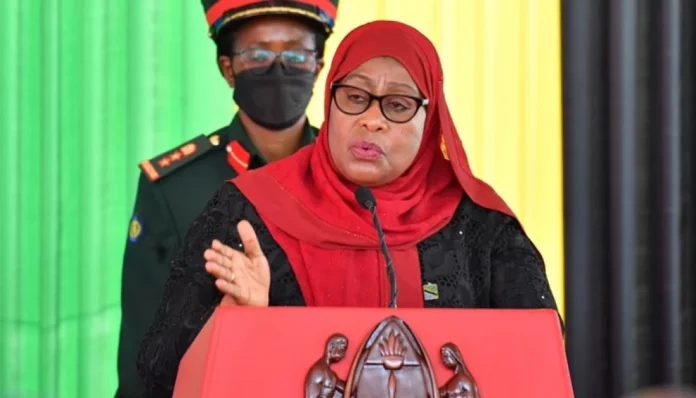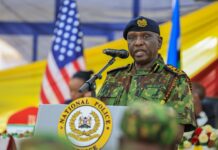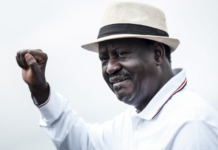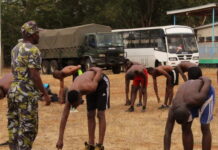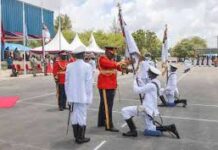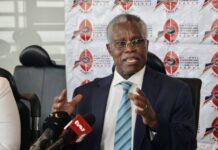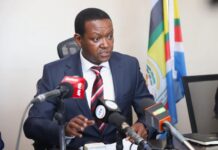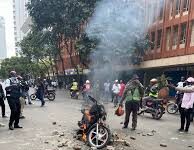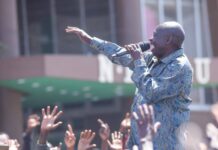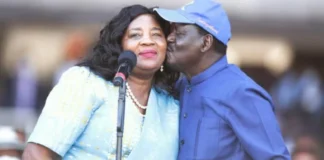Tanzanian President Samia Suluhu Hassan has extended an olive branch to opposition leaders, calling for dialogue following last month’s disputed general election, which sparked deadly protests across several regions.
The appeal comes just a day after authorities arrested CHADEMA Secretary-General Amani Golugwa in a nationwide crackdown on alleged protest organisers.
Golugwa became the party’s third senior leader to be detained, following Chairperson Tundu Lissu and Vice-Chairperson John Heche.
Tanzania’s Vice President Emmanuel Nchimbi conveyed the president’s message over the weekend, emphasising that her priority is to restore national unity and calm in the aftermath of the post-election unrest.
“Thamira ya Rais Samia Suluhu Hassan ni kuhakikisha ya kwamba tumeanzisha mazungumzo ya maridhiano ili kuhakikisha hata hao wachache wanapata nafasi ya kusikiliziwa ili kuwa taifa lenye amani moja na kuendelea kuwa mfano wa utulivu katika Afrika na dunia,” Nchimbi said.
This roughly translates to: “The mission of President Samia Suluhu Hassan is to ensure that we have initiated reconciliation talks to ensure that even those few have a chance to be heard so that we can become a peaceful nation and continue to be an example of stability in Africa and the world.”
The leadership’s plea for calm marks a notable shift from the stance during election week and the days following, when opposition figures were arrested for allegedly supporting the protests.
Experts suggest this change may signal to both local and international audiences that the country is returning to normalcy.
“President Suluhu has sent me to assure you that our country is safe, calm, and ready to welcome visitors from everywhere. She will leave no effort undone to ensure that the peace of our nation is maintained,” Nchimbi added.
The president’s message comes amid criticism of the Tanzanian government’s handling of the protests, which reportedly left more than 700 people dead.
The unrest began on election day after opposition supporters accused the government of suppressing dissent and barring key presidential contenders from the race.
Measures such as internet blackouts and other restrictions during this period have drawn condemnation from international bodies, including the United Nations (UN) and the Southern African Development Community (SADC), both of which have questioned the legality of the polls.









